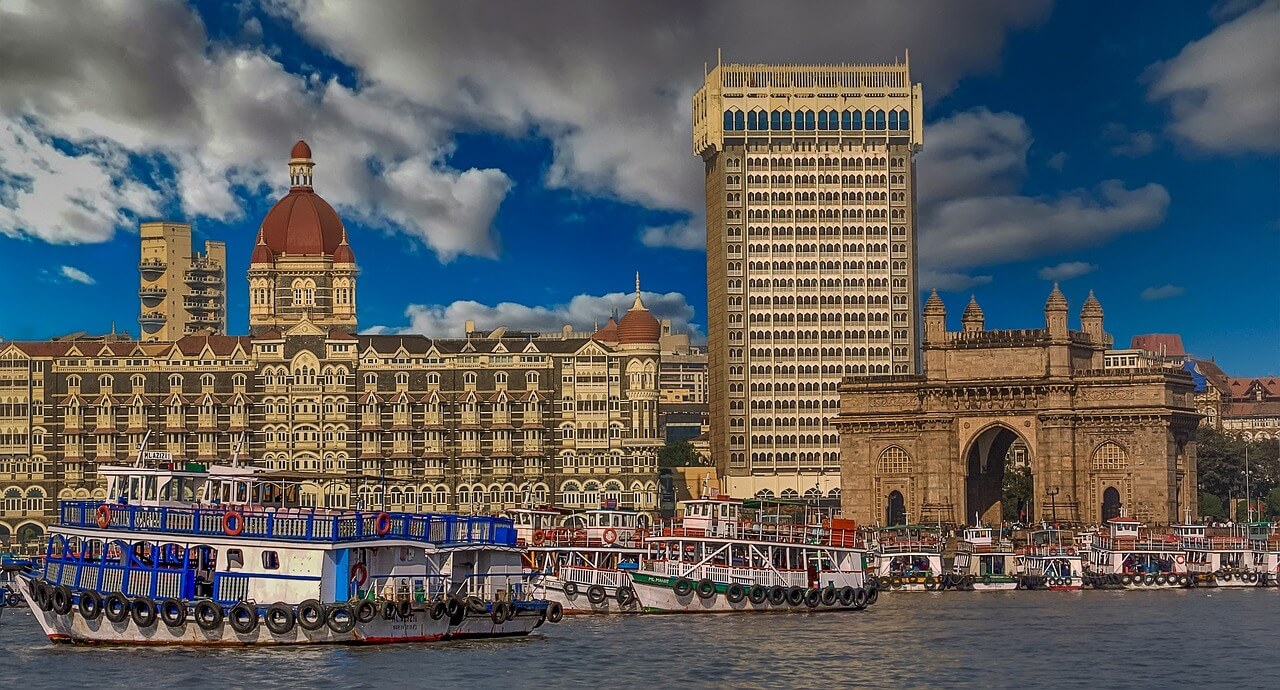
Ripple has opened a new office in Mumbai, India as the company looks to build its presence in the world’s largest recipient country of remittances. Navin Gupta, who worked for two decades in transaction banking, product management and global strategy roles at HSBC and Citibank, has been appointed country manager got Ripple India.

“India is the largest recipient of corporate and retail remittance worldwide, totaling close to US$71 billion,” Gupta said. “The businesses and Indian expatriates sending money into the country want their cross-border payments to be as fast and seamless as payments made within India’s domestic digital payment network.”
He said Ripple’s instant and cost-effective blockchain-powered payments have the potential to be “a transformative component of India’s economy,” and help bring payments services to the unbanked.
Banking in India is in the midst of a major digital revolution. Prime Minister Narendra Modi promised in 2014 to end “financial untouchability” with a scheme to improve financial inclusion. Since this government program was implemented, almost 300 million households have opened formal bank accounts for the first time.
The Digital India program, launched by the government in 2015, intends to transform India into a digitally empowered society and knowledge economy, notably by promoting cashless transactions and converting the country into a “less-cash society.”
In order to support the enormous increase in banking customers, accounts and transactions, the Indian economy has become ripe for growth in the fintech industry. Areas such as mobile banking, payments services, digital lending, point-of-sale, blockchain and cryptocurrencies, are all seen in “hyper-growth phase” in the country, according to IBM.
Brad Garlinghouse, CEO of Ripple, said the new Mumbai office will allow the company to “respond to the rapidly-growing demand for frictionless payments by our current customers Axis Bank and YES Bank, as well as other banks and non-banks across the country.”
In addition to working with Ripple for real-time cross-border payments, YES Bank, one of India’s largest private banks, is also using the Hyperledger Fabric in a blockchain-powered vendor financing solution.
Besides the private sector, the Indian government too is exploring the use of blockchain in various areas, including land registries, government-recorded data security, and banking services. A research group founded by India’s central bank is currently developing a model platform for blockchain technology, which it said will be suitable for different applications relevant to banking
Meanwhile, in the cryptocurrency space, Bitcoin wallet provider Blockchain announced today a partnership with Bengaluru-based bitcoin exchange Unocoin to enter the Indian market by bringing its software platform through its new Indian partner.
Unocoin has around 400,000 users and added 50,000 last month. It has partnered with 1,900 businesses and sees 500 transactions a day with an average value of Rs 30,000 (US$468).

